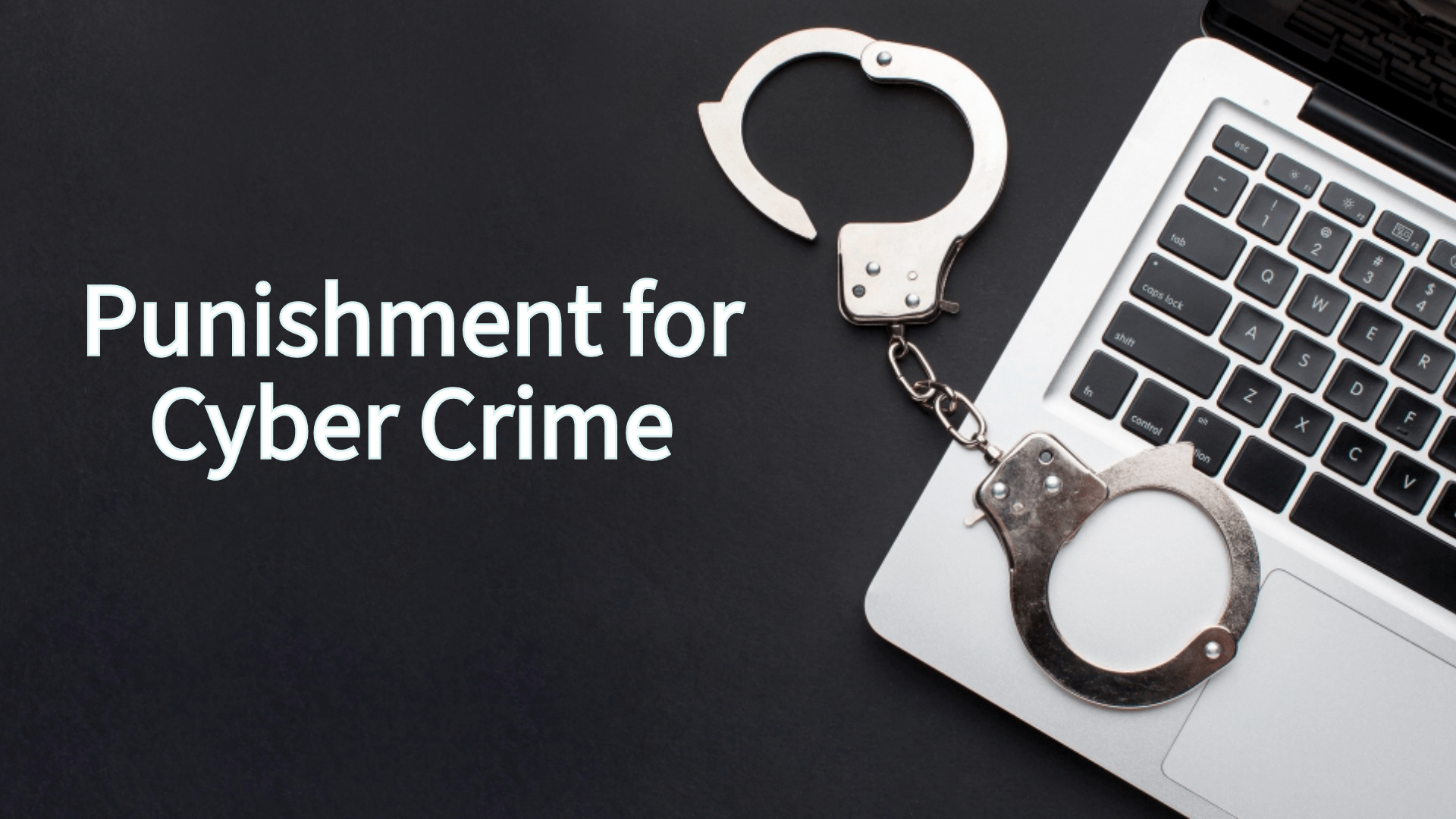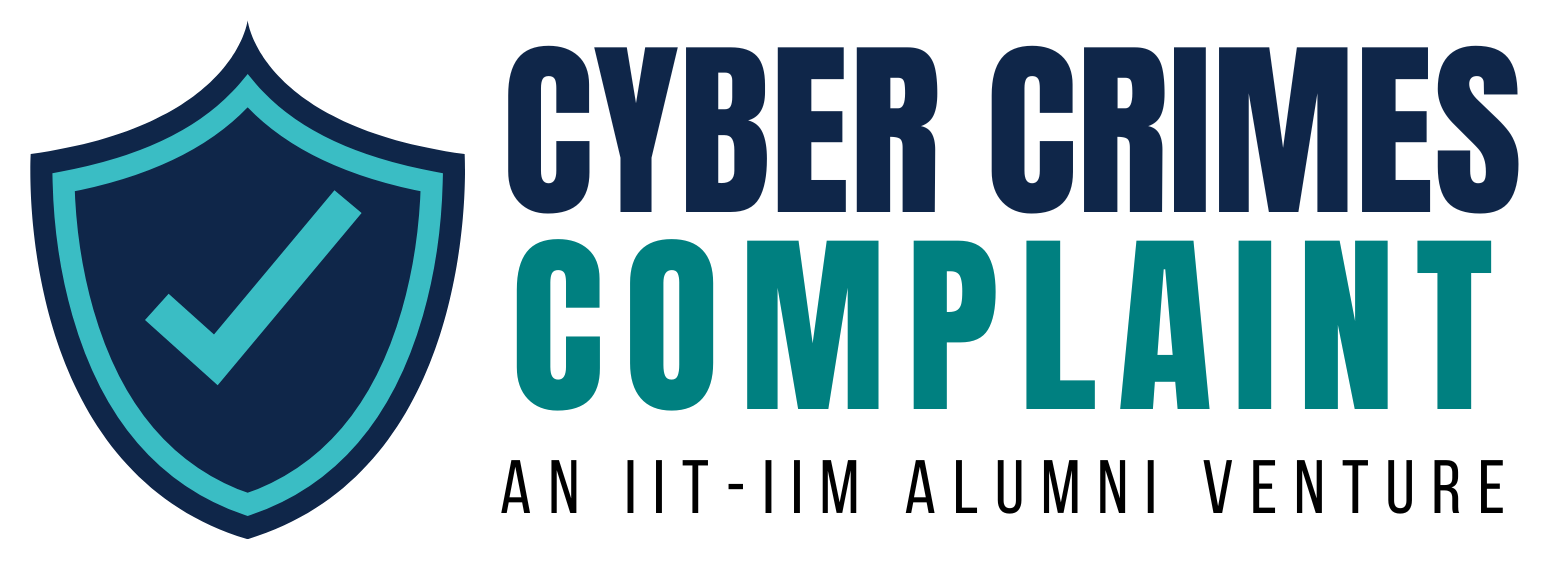· cyber-harassment · 2 min read
What is the punishment for cyber crime?
In our digital age, where technology connects us all, the issue of cybercrime has become more prevalent. But what happens when cybercriminals are caught? What kind of punishment do they face? Let’s break down the consequences of cybercrime in simple terms.

Types of Cybercrimes
Cybercrimes cover a wide range of illegal activities online, such as hacking, identity theft, online fraud, spreading malware, and cyberbullying. The punishment for cybercrimes varies based on the severity and nature of the offense.
Legal Consequences for Cybercriminals
Fines: For less severe cybercrimes, like spreading spam or minor hacking, the punishment may involve fines. Cybercriminals might have to pay a certain amount of money as a penalty.
Imprisonment: Serious cybercrimes, such as large-scale hacking or financial fraud, can lead to imprisonment. This means the cybercriminal is sent to jail for a specified period.
Restitution: In some cases, cybercriminals may be required to compensate their victims for the damages they caused. This could include reimbursing money stolen during an online scam.
Probation: Instead of jail time, a cybercriminal might be put on probation. This means they have to follow certain rules and stay out of trouble, or they could face more severe consequences.
Community Service: Some cybercriminals may be ordered to perform community service as part of their punishment. This means they have to do unpaid work for the benefit of their community.
International and Local Laws
The punishment for cybercrimes can also depend on where the cybercriminal is located and where their victims are. Laws vary from country to country, so the same cybercrime might have different consequences in different places.
Preventing Cybercrimes
The best way to deal with cybercrimes is to prevent them. Protect your personal information, use strong and unique passwords, be cautious with suspicious emails and websites, and keep your devices and software updated. This way, you can reduce the risk of falling victim to cybercrimes in the first place.
In the digital world, just like in the physical world, breaking the law has consequences. Cybercriminals can face fines, imprisonment, restitution, probation, or community service, depending on the nature of their crime and where it happened. The key is to stay informed, stay safe online, and be aware of the legal consequences of cybercrimes.



